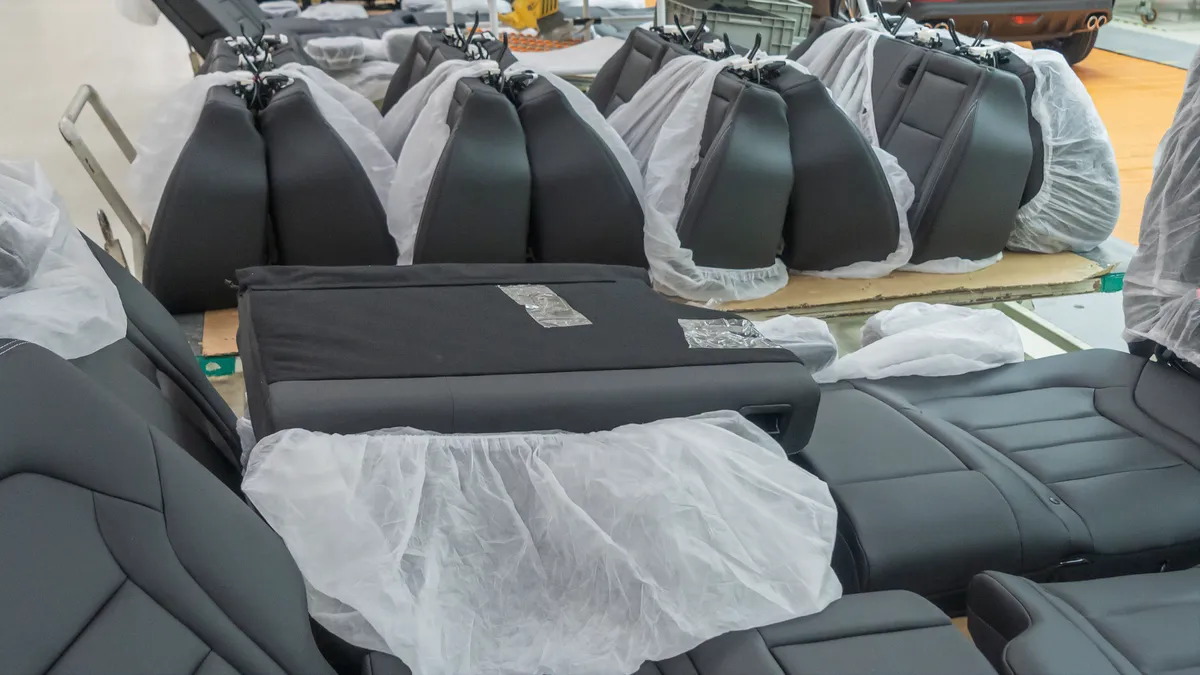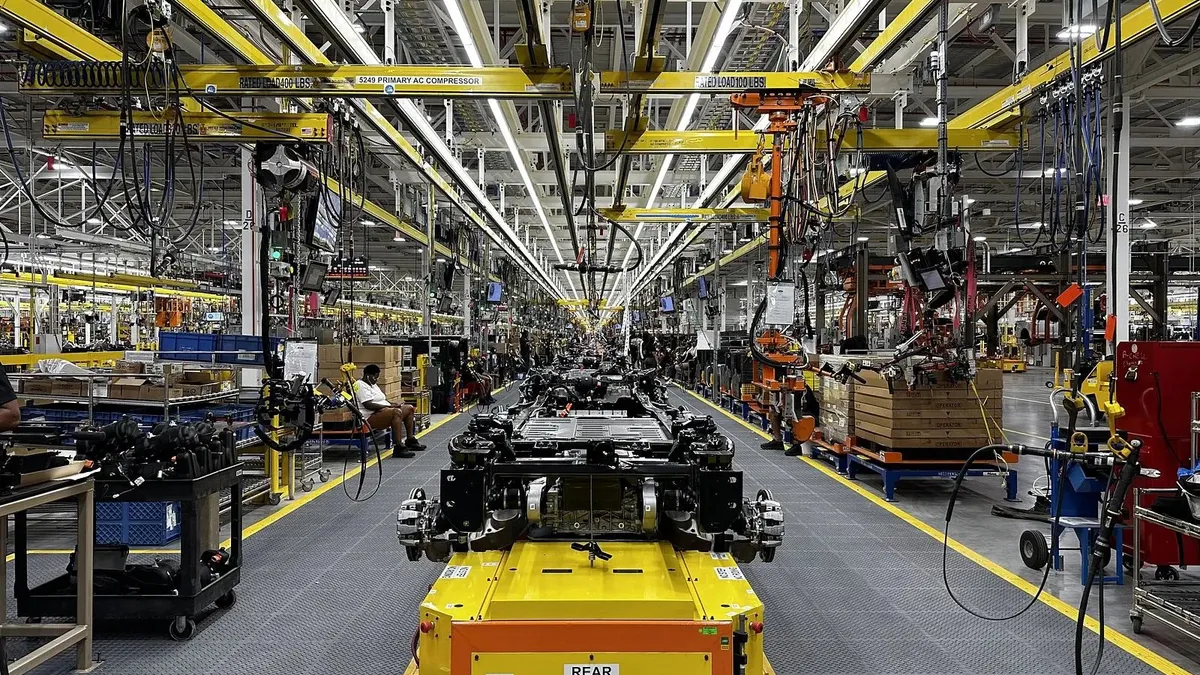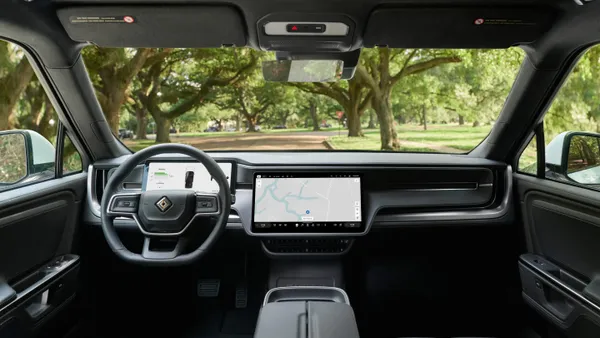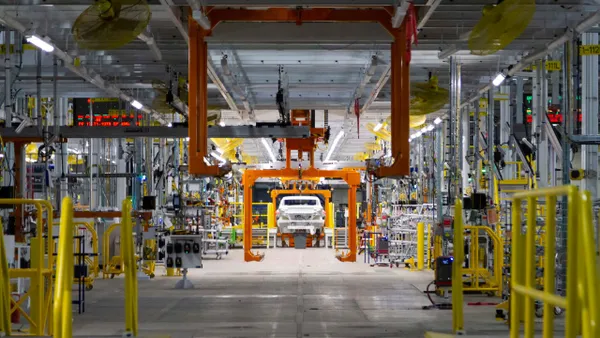Dive Brief:
- The Department of Commerce issued a finalized rule Tuesday banning the sale or import of connected vehicle hardware and software originating from China or Russia.
- The action ends a year-long exploration into the potential security threats of external connectivity between bluetooth, cellular or satellite technology and autonomous driving platforms, according to a White House fact sheet. However, the rule excludes trucks and buses, which regulators said will be addressed separately.
- “Through this rule, the Commerce Department is taking a necessary step to safeguard U.S. national security and protect Americans’ privacy by keeping foreign adversaries from manipulating these technologies to access sensitive or personal information,” Commerce Secretary Gina Raimondo said in the release.
Dive Insight:
The software-related bans take effect for 2027 model year vehicles, while hardware bans take effect for 2030 model year vehicles, or on Jan. 1, 2029 for vehicles without a designated model year.
Regulators determined that hardware and software used in vehicle connectivity and software integrated into automated driving systems are vulnerable to external signals, creating a “present an undue and unacceptable risk to national security when designed, developed, manufactured, or supplied by persons” from either China or Russia, according the press release.
“Malicious access to these critical supply chains could allow our foreign adversaries to extract sensitive data, including personal information about vehicle drivers or owners, and remotely manipulate vehicles,” the Department of Commerce’s Bureau of Industry and Security said in the release. The text of the final rule is available on the Federal Registar’s website and will take effect 60 days after publication on March 17.
The federal regulators removed the provision that would have included trucks and buses, noting that the complexities of the commercial vehicle supply chain moved regulators to address that segment separately.
Priority was placed on passenger vehicles due to China’s rapidly emerging presence in the global automotive industry. The rule also prohibits manufacturers with a “sufficient” connection to China or Russia from selling new connected vehicles in the U.S. that use components from those countries, even if the vehicle is assembled domestically.
The rule requires certain importers and manufacturers to submit annual Declarations of Conformity to certify their compliance with the prohibitions, according to the press release. The final rule allows the Commerce Department to issue general authorizations for certain types of transactions deemed lower risk.
Elizabeth Cannon, executive director of the Office of Information and Communications Technology and Services, said in a statement her office has worked closely with industry and international partners to learn about the connected vehicle supply chain.
“This final rule reflects significant stakeholder feedback and protects our national security while reducing unintended impacts,” Cannon said. “We look forward to working with all relevant parties to facilitate compliance as the rule comes into effect.”












